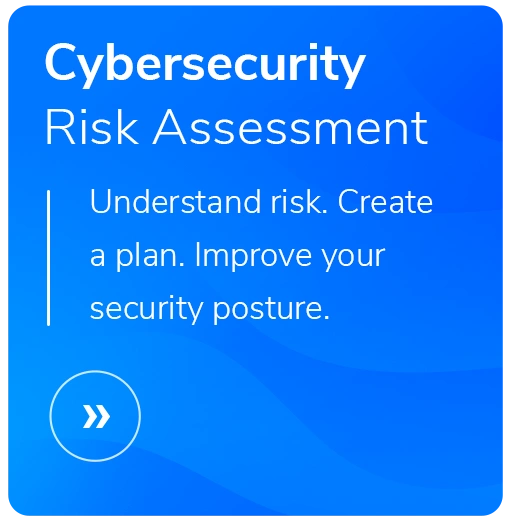419 Scams – Sporting Fun You Want to Avoid
- Written by: Jeff Hudgens

In college football and other sports, you’ll occasionally see players wear “eye black” – that streak of grease or patch under their eyes – to help reduce glare. In some cases, players will add the area code from where they grew up. It may be a statement of sorts, or just a visual shout-out to their hometown area. For example, a player from northwest Ohio might add 4-1-9 to his or her eye black. Simple. No harm to anyone else. Highly recommended by 3-out-of-10 Eye Black Enhancement Specialists.
However, there’s another 4-1-9 that can give you a black eye and leave you glaring - 419 fraud. This type of fraud is simple in its approach, yet potentially harmful to you… not to mention that 10- out-of-10 law enforcement and information security professionals recommend you avoid falling for it.
419 scams are not fraud originated in northwest Ohio. Instead, these scams originated in Nigeria, and the number 419 refers not to an area code, but to the section in the Nigerian criminal code that addresses fraud. While most people are able to easily detect these scams, some still fall victim, collectively losing millions of dollars each year.
Typical 419 scams are executed through a wordy, poorly written email. A ”prince” has a significant amount of money, usually in the millions of dollars, and needs an offshore account (your bank account) in which to deposit those funds. Or, a person wants to enter into a “business partnership” with you in order to illicitly transfer money to the United States (or elsewhere)… and you happen to be the best candidate for that partnership! You are promised a commission, of course, for all your assistance. And don’t worry, the scammers will send you all the “official” documentation. You may need to travel overseas to complete any transactions, but who doesn’t want a vacation to an exotic location!?!
Besides leading to potentially significant financial losses for the victim, 419 scams have resulted in other, documented consequences, including kidnapping for ransom! In addition, “419 gangs” have a portfolio of tactics and do not rely solely on those long emails you often see. To whit, over 50% of scams on Craigslist and similar sites are commonly attributed to 419 gangs. These gangs are not shy, coordinating tactics openly on social media sites and boasting of their exploits. Just check out the Facebook pages of the Nigerian Cyber Hunters and Nigerian Cyber Army.
While social engineering through phishing emails is certainly very common these days, and many times included as a topic in security awareness and training programs, 419 scams are also very prevalent, yet generally not included as a specific topic for user awareness. If your organization is looking for additional topics to spice-up information security awareness, consider including information and resources about 419 scams and similar advance-fee schemes. Though the threat to the organization is low, the potential impact to your individual employees if they fall victim could be high, having indirect impacts on the organization.
For additional information about 419 scams and similar fraud schemes, see information posted by the Secret Service, FBI, and commercial sites, such as www.hoax-slayer.com.






